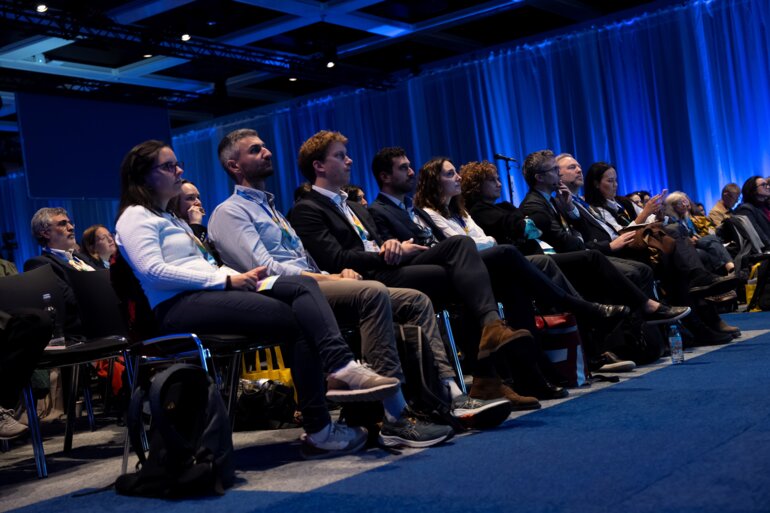The length of immunotherapy course for metastatic lung cancer was arbitrarily set at 2 years in clinical trials, but definitive studies investigating the optimum duration against the risk-benefit profile are lacking
For physicians, an important clinical issue is how to answer our patients when they ask about next steps, having completed their course of immunotherapy. Two years was chosen arbitrarily for the treatment length in clinical trials and we do not know if this is optimum. So, should we stop after a fixed duration or should we continue immunotherapy?
One key argument in favour of continuing immunotherapy focuses on the current thinking that long-duration immunotherapy is required to keep disease growth in check. There is evidence that patients have worse progression-free survival with 1-year fixed duration of immunotherapy compared with continued treatment (J Clin Oncol. 2020;38:3863–3873), but it is unclear if this progression would have happened even if immunotherapy had been continued. Although metastatic cancer is not curable, we are increasingly managing it as a chronic disease and this may mean that long-term therapy with close follow-up is required, just as we use to treat diabetes, for example.
As always, finding a balance with the risk–benefit profile is paramount. Toxicity is a key argument against continued immunotherapy. Although most adverse events happen in the first 6–9 months after starting immunotherapy, a small proportion of patients will develop difficult-to-manage toxicities later in the course of immunotherapy (Eur J Cancer. 2021;149:153–164). Even a modest risk to a small subset of patients could not be justified when the degree of benefit with continued immunotherapy is unquantified. In addition, it is important to consider patient inconvenience. With long-term immunotherapy, patients must continue to attend the clinic every few weeks and undergo scans, and so will always feel they have to be bound to their oncology centre.
Another important argument against continued immunotherapy is cost. Current regimens are already expensive and as more combination immunotherapies are being investigated and approved, the cost of lifelong combination therapy may be crippling for some national health care systems, further exacerbating inequities of care.
In fact, we could question if we need to continue immunotherapy as long as 2 years for all agents. For PD-1 inhibitor monotherapy, 2 years may be appropriate, but with combination therapies or newer agents, where there is a greater chance of turning on the immune system, a shorter duration may be sufficient. In the adjuvant therapy setting, clinical trials are investigating 1 year of immunotherapy and the optimum duration needed to invoke an appropriate immune response in other settings may also be less than 2 years.
There are no definitive studies investigating the optimum duration of immunotherapy in lung cancer; however, we are beginning to use biomarkers to determine the risk of recurrence. With the help of sensitive technologies to assess minimal residual disease, we could tailor the decision to continue or stop therapy for each patient. I think this futuristic approach – individualising the duration of therapy using biomarkers – could help to settle the debate.
Don't miss:
Duration of IO: Limited vs forever. European Lung Cancer Congress 2022
Controversy Session, 02.04.2022, h. 14:45 – 15:45, Forum Hall







